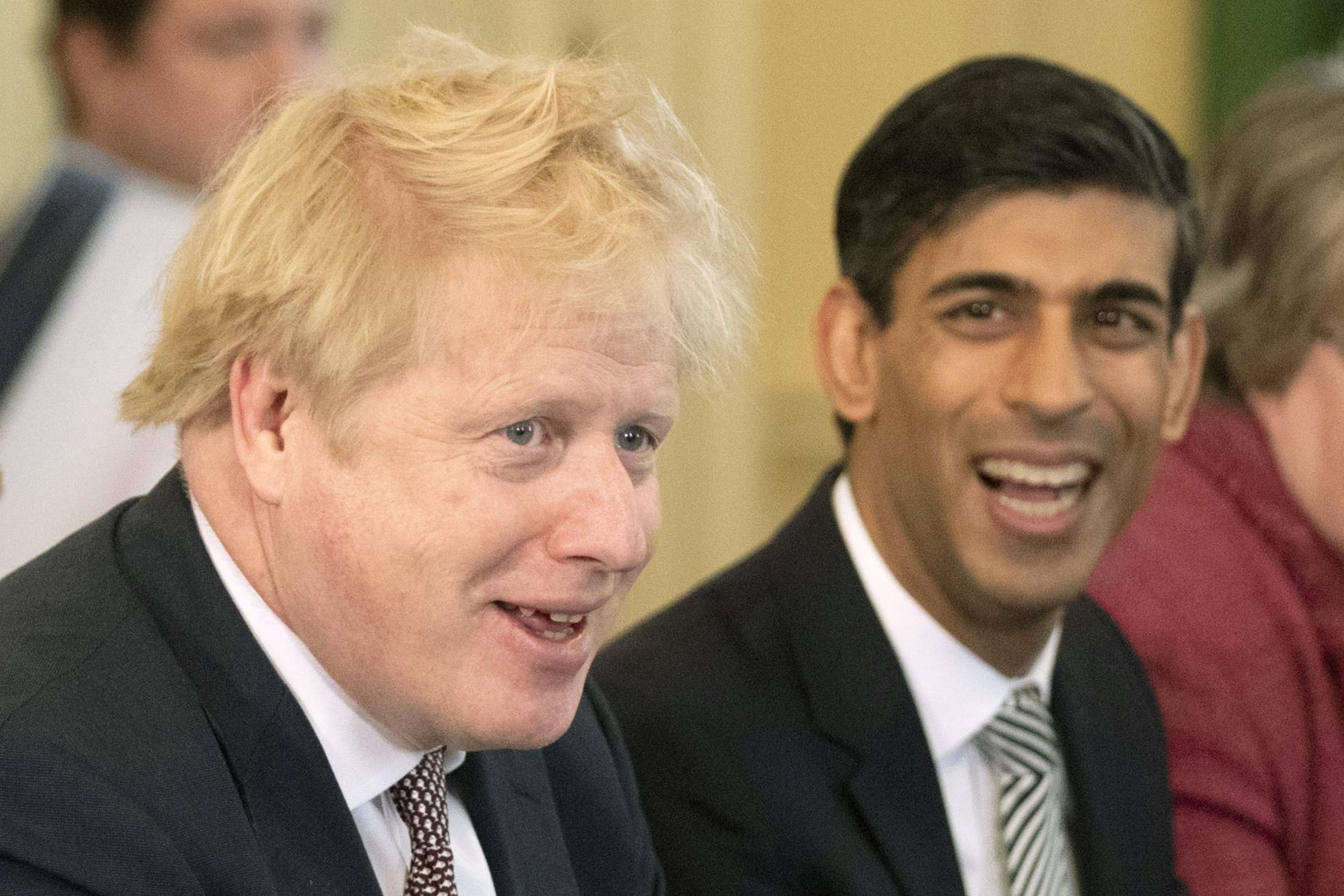Budget 2020: our predictions for an unpredictable round of changes
This one is proving a hard one to call but we’re giving it a go…

This close to a Budget, we normally have a neat list of some of the spending changes we could expect plus some of the changes that analysts and commentators think might be included.
There are often a few surprise announcements – every chancellor enjoys pulling a rabbit out of their hat – though by this stage, we can usually see the general shape.
But this is no normal Budget. We’ve had an unexpected change of chancellor, with Sajid Javid resigning in the recent reshuffle and being replaced by Rishi Sunak.
There’s the unknown extent of the influence from No 10, the Budget rumours that swirled around before and the counter-rumours that suggested those earlier rumours had simply been to undermine Javid.
On top of that, there’s the need for Boris Johnson to show he really is intent on “levelling up” the northern regions that deserted Labour to vote for his Conservatives.
There has potentially never been a more important or more potentially transformative Budget. So what can we expect on March 11? Here are some possibilities – but to be taken with a greater than usual hint of caution.
A hike in fuel duty
One of the more persistent rumours is that the chancellor might announce a rise in fuel duty, a tax that remained frozen throughout George Osborne’s Budgets.
On the one hand, Boris Johnson had repeatedly claimed during the election campaign that he did not intend to hike fuel duty. On the other, if the UK is to meet its climate pledges then it will have to take steps to cut petrol and diesel car use.
So fuel duty may rise by as much as 2p a litre, if this rumour is true.
The national minimum wage could rise
Plans to raise the rebranded “National Living Wage” to £8.72 an hour are already in place and come into force from April but it may be possible that this Budget includes more ambitious longer-term plans.
During the last election campaign, then-chancellor Javid pledged to set a target to increase the national living wage from £8.21 to £10.50 by 2024. That would increase net earnings (what’s left after taxes) by £1,900 over the five years.
There may be more detail on how that is to be achieved in the next Budget.
Pension reforms
It had been expected that the chancellor would take aim at pension tax relief, a measure that cost the government £37.2bn in the 2017-18 tax year. One idea was that Rishi Sunak might introduce a flat rate of pension tax relief, scrapping the current higher rate relief.
But these plans may already have been scrapped after an outcry from Conservative MPs.
Sean McCann, chartered financial planner at NFU Mutual, said: “Pension tax relief is seen as ripe for reform, and a newly elected government with such a large majority may feel confident enough to do something radical.
“However, introducing a flat rate of 20 per cent will not encourage anybody to save more and would put more pressure on the ‘squeezed middle class’. Research suggests a flat rate of 30 per cent would actually cost the government money, rather than save it.
“Another way the chancellor could claw back some money and remove complexity for high earners, would be to reduce the amount that can be paid into pensions each year, from £40,000 to £20,000, and scrap the controversial ‘tapering rules’ that see some high earners limited to paying £10,000.”
The pressure is on the chancellor to abandon reforms to pension tax relief but he could argue it is just making the system fairer. The latest reports suggest he may have already abandoned this plan but we won’t know until B-day.
A hike in the National Insurance threshold
When the prime minister was campaigning in the last election, he promised to raise up the NI threshold to £12,500. If that is in this next Budget then it could save some of the lowest-paid workers as much as £100 a year.
Environmental pledges
If fuel duty rises again, that may not be the only green announcement in the Budget. There could be other, potentially more popular, environmentally friendly measures.
Perhaps that will mean extra charges on single-use plastics or maybe announcements to help the UK begin its transformation to a lower carbon economy, a change that will require significant investment in the country’s existing housing stock.
The government knows that environmental issues are a growing concern for the public and that may be reflected in Sunak’s first budget.
Spending could rise… but so could taxes
In a tweet earlier this month, Sunak said: “It will deliver on the promises we made to the British people – levelling up and unleashing the country’s potential.”
That’s expected to mean significant spending has to be earmarked for the north. Economic analysts at the Resolution Foundation have suggested that Whitehall spending could be set to rise to as much as £1 trillion for the first time by 2023-24.
Economists at the foundation have argued that higher spending would need to be accompanied by higher taxes to be fiscally responsible and recommended maintaining current income tax thresholds or getting rid of Entrepreneurs’ Relief, moves that could save a combined £10bn.
There could also be measures announced to move part of the Treasury into the north, in an effort to move some of the decision-making bodies out of London.
Subscribe to Independent Premium to bookmark this article
Want to bookmark your favourite articles and stories to read or reference later? Start your Independent Premium subscription today.

Join our commenting forum
Join thought-provoking conversations, follow other Independent readers and see their replies